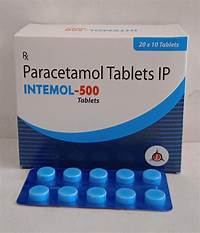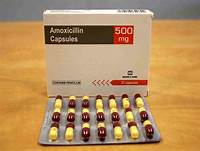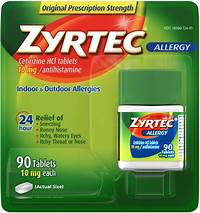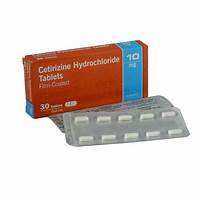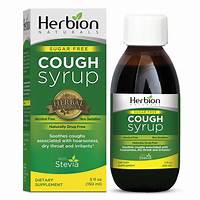Order Anticoagulant Medications online in Lucknow
Why Order Anticoagulant Medications online in Lucknow? Ordering anticoagulant medications online from Laxkal Pharma in Lucknow offers a reliable and convenient solution for managing critical health conditions like blood clots, deep vein thrombosis, and stroke prevention. As a trusted name in the pharmaceutical industry, Laxkal Pharma provides authentic and high-quality anticoagulants, including options like warfarin, heparin, and direct oral anticoagulants. Their user-friendly online platform ensures a seamless ordering process, with the ability to send prescriptions for accurate and safe dispensing. With doorstep delivery services, often available on the same or next day, they save time and effort. Laxkal Pharma also offers competitive pricing, regular discounts, and subscription options, making long-term treatments more affordable. Their commitment to maintaining strict storage and handling standards ensures the safety and efficacy of the medications. Laxkal Pharma is the preferred choice for ordering medications online in Lucknow.
1. Warfarin
Use: Prevents and treats blood clots.
Mechanism: Vitamin K antagonist that reduces clotting factors.
Common Prescribers: Cardiology, Cardiothoracic Surgery, Neurology.
Examples: Coumadin.
2. Enoxaparin
Use: Prevents deep vein thrombosis (DVT) and pulmonary embolism.
Mechanism: Low molecular weight heparin that inhibits clotting factors.
Common Prescribers: Cardiology, Cardiothoracic Surgery, Neurology.
Examples: Lovenox.
3. Dabigatran
Use: Reduces stroke risk in patients with atrial fibrillation.
Mechanism: Direct thrombin inhibitor.
Common Prescribers: Cardiology, Neurology.
Examples: Pradaxa.
4. Apixaban
Use: Prevents strokes and blood clots in patients with atrial fibrillation.
Mechanism: Factor Xa inhibitor.
Common Prescribers: Cardiology, Neurology.
Examples: Eliquis.
5. Rivaroxaban
Use: Treats and prevents blood clots.
Mechanism: Factor Xa inhibitor that interrupts the clotting cascade.
Common Prescribers: Cardiology, Cardiothoracic Surgery.
Examples: Xarelto.
6. Aspirin
Use: Reduces risk of heart attack and stroke by preventing platelet aggregation.
Mechanism: COX inhibitor that reduces thromboxane A2 production.
Common Prescribers: Cardiology, Neurology.
Examples: Bayer Aspirin.
7. Clopidogrel
Use: Prevents stroke, heart attack, and other clot-related conditions.
Mechanism: P2Y12 inhibitor that prevents platelet aggregation.
Common Prescribers: Cardiology, Neurology.
Examples: Plavix.
By proceeding, you accept our terms and conditions.
Order Medicines Online in Lucknow from Laxkal Pharma – Complete Your Wellness Journey with Our Recommended Solutions
Enhance your health outcomes with products that work synergistically with your current prescriptions. From vitamins and supplements to wellness essentials, explore our carefully curated options designed to support your treatment plan and overall well-being. Experience convenience, reliability, and quality with every order from Laxkal Pharma.
Choose from options below:


